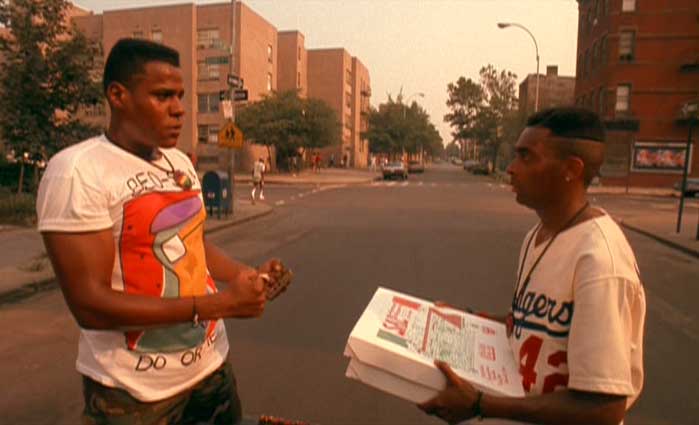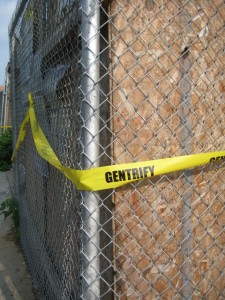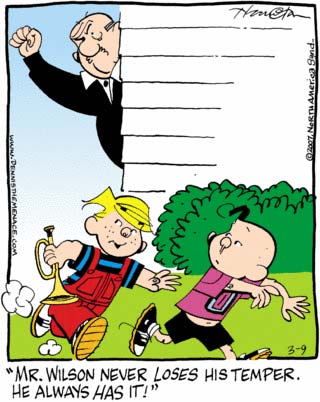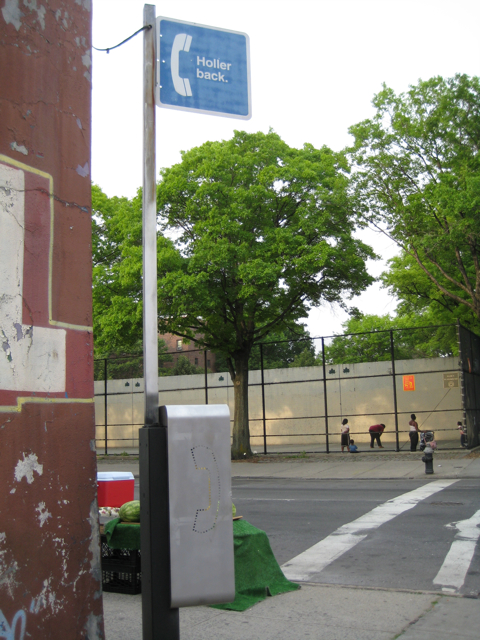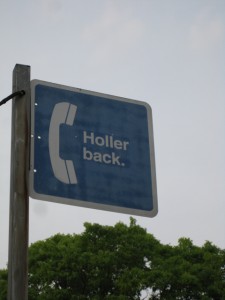I watched Spike Lee’s “Do The Right Thing” a few weeks ago. Overall I found the movie well done and entertaining. A lot has been said about this movie and I don’t want to repeat what has already been said many times before, so I will only discuss a few pertinent points.
My favorite character in the film is Slick Dick Willie. In a movie with strong caricatures he stands out to me as appearing the closest to someone I have met in real life. That’s the first point in its entirety.
My second point of interest is, as you might have already guessed, is the decision to throw the trash can through Sal’s window. I don’t know what I would have done, but using a trash can as a projectile wouldn’t be my first thought.
Wikipedia has this to say about Spike Lee’s opinion:
One of many questions at the end of the film is whether Mookie ‘does the right thing’ when he throws the garbage can through the window, thus inciting the riot that destroys Sal’s pizzeria. The question is directly raised by the contradictory quotations that end the film, one advocating non-violence, the other advocating violent self-defense in response to oppression. Spike Lee himself, however, has stated that only white viewers ask this question. Lee believes the key point is that Mookie was angry at the death of Radio Raheem, and that viewers who question the riot’s justification are implicitly valuing white property over the life of a black man.
I don’t know if this is Lee’s actual opinion, it is merely one attributed to him by Wikipedia. I find this opinion to be short sighted. In the movie it’s only Sal’s Pizzeria that ends up trashed, but real life riots are rarely are as sanitized and contained as this one. How different would it feel if Smiley did not make it out of the fire?
Finally there is the claim that this is an act of self-defense. The movie ends with two quotes, one of Malcom X, perhaps the most revered civil rights figure in Bed-Stuy:
I think there are plenty of good people in America, but there are also plenty of bad people in America and the bad ones are the ones who seem to have all the power and be in these positions to block things that you and I need. Because this is the situation, you and I have to preserve the right to do what is necessary to bring an end to that situation, and it doesn’t mean that I advocate violence, but at the same time I am not against using violence in self-defense. I don’t even call it violence when it’s self-defense, I call it intelligence. Malcolm X
Is throwing a trash can through a window self-defense? I find it hard characterize it as such. One could argue that the continued existence of Sal’s Pizzeria would be a direct threat to those in the neighborhood, but isn’t that precisely the argument used to invade Iraq preemptively? I think acts of self-defense do not include initial blows. It could be said that this wasn’t the initiation but the reaction to Radio Raheem’s death, but his death was caused by the police so the counter-argument is that the aggression is misplaced. This could go on and on, but I’ll stop here.
Don’t get me wrong, I like the movie, its message is a good one and I know there is far more to it than just this particular act. But since this crescendo is one of the most memorable moments of this movie, I feel it deserves consideration. What do you think?
There’s no question that this movie is one of the best of the 20th century. There’s a recent review on nytimes.com that says as much. It is merely my humble opinion that the message would be even more well received if it stayed closer to Dr. King’s quote.
Violence as a way of achieving racial justice is both impractical and immoral. It is impractical because it is a descending spiral ending in destruction for all. The old law of an eye for an eye leaves everybody blind. It is immoral because it seeks to humiliate the opponent rather than win his understanding; it seeks to annihilate rather than to convert. Violence is immoral because it thrives on hatred rather than love. It destroys a community and makes brotherhood impossible. It leaves society in monologue rather than dialogue. Violence ends by defeating itself. It creates bitterness in the survivors and brutality in the destroyers. Dr. Martin Luther King, Jr.
